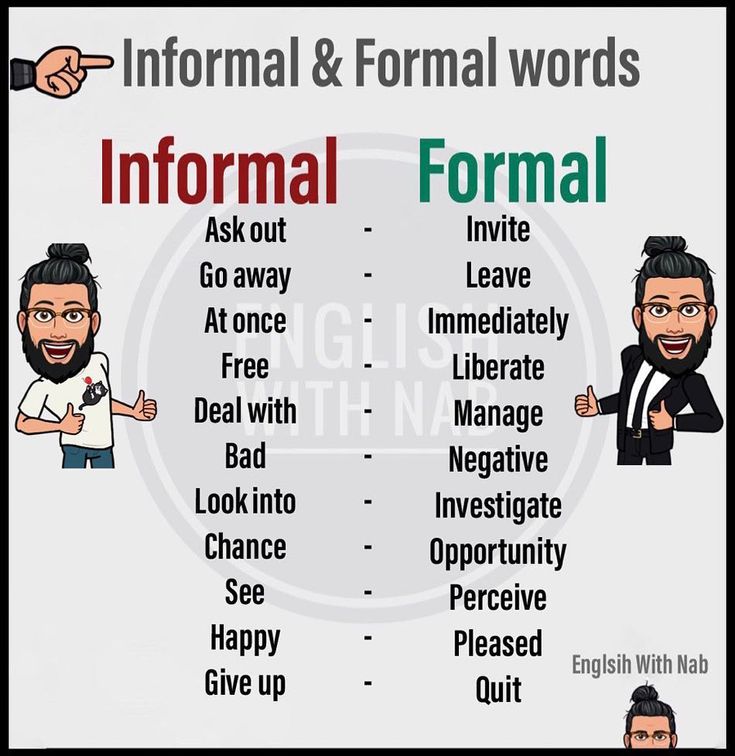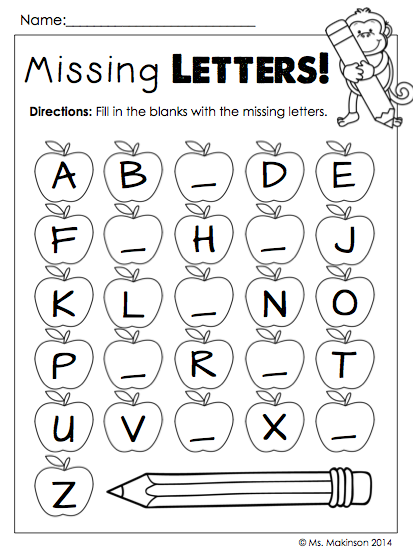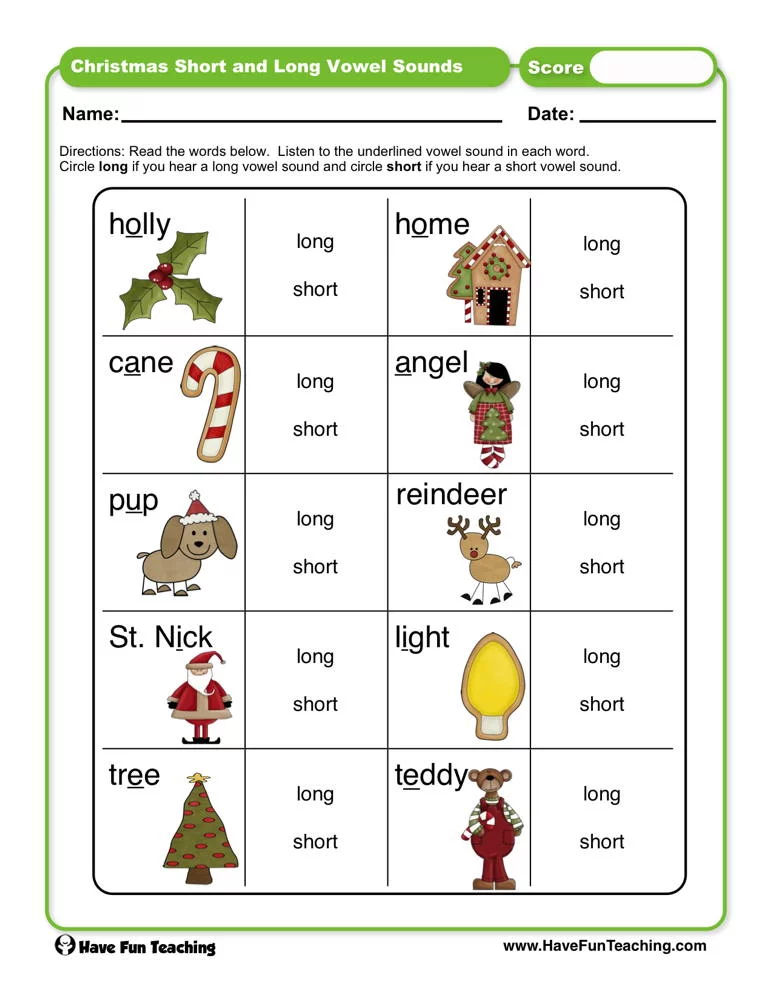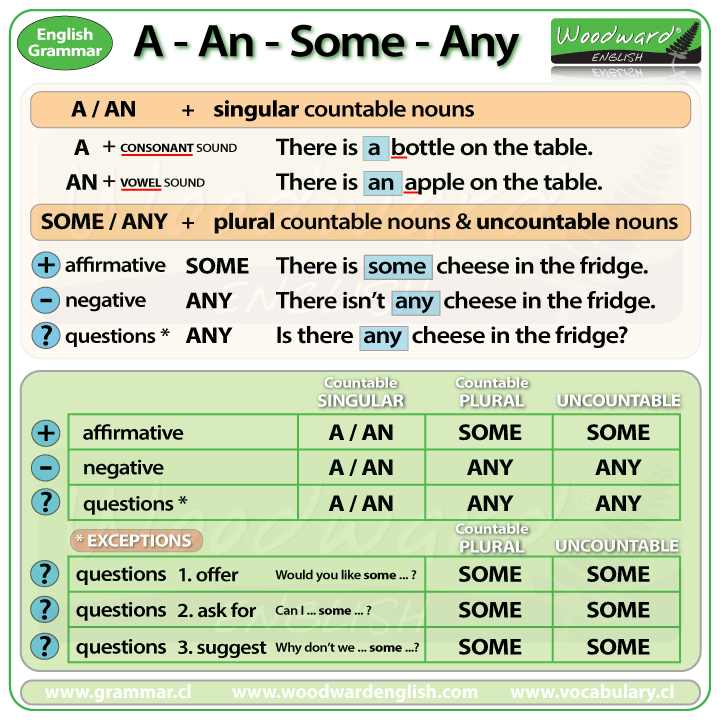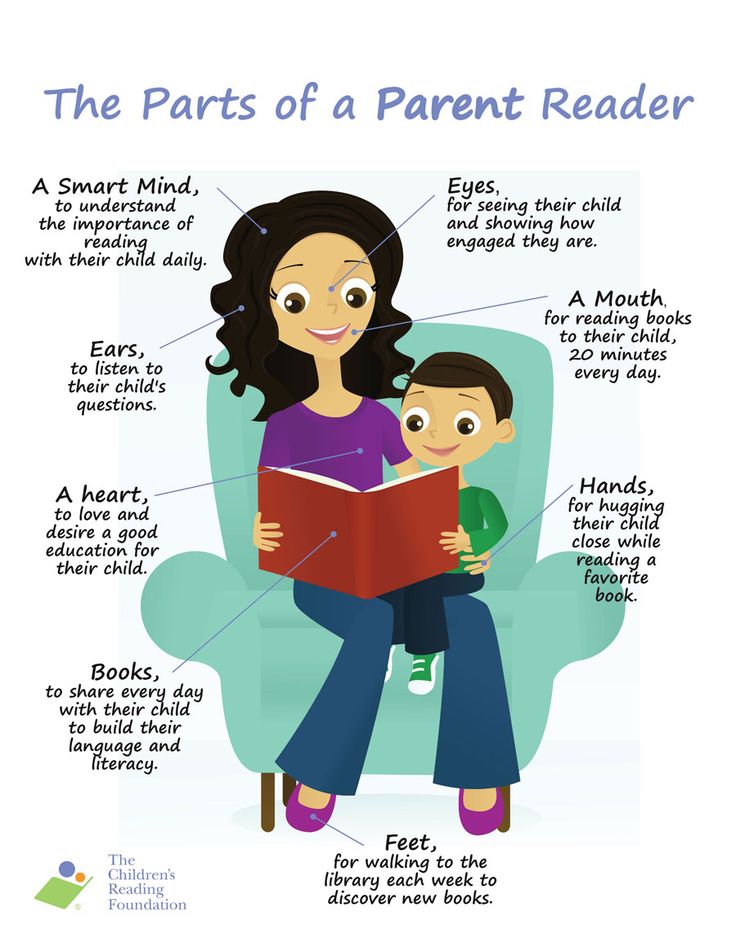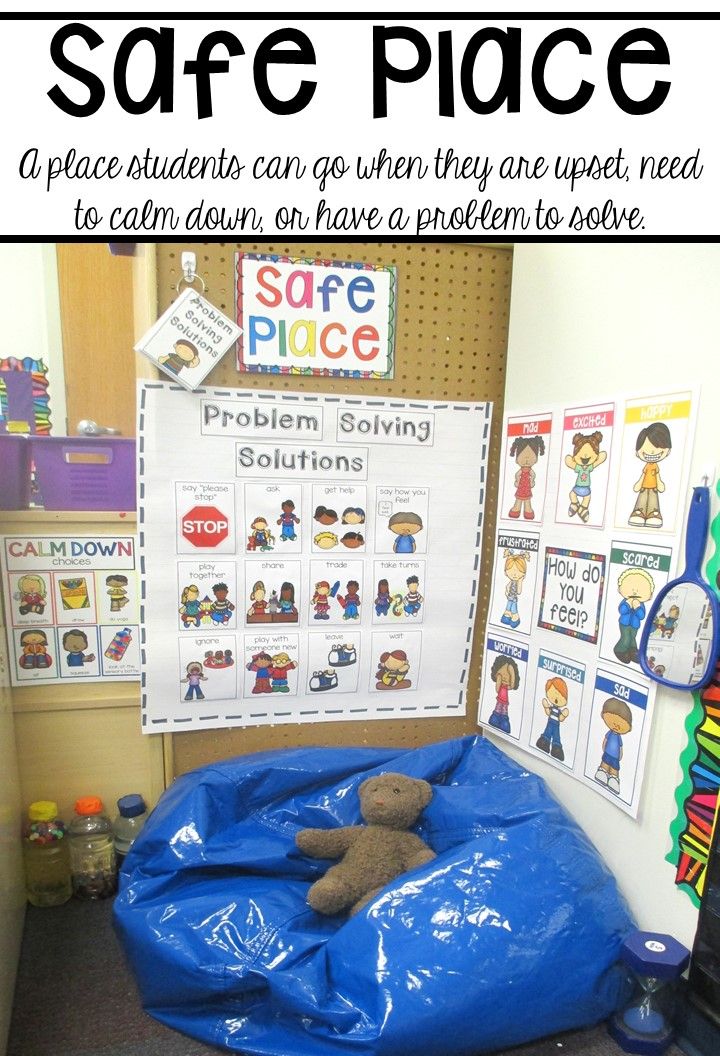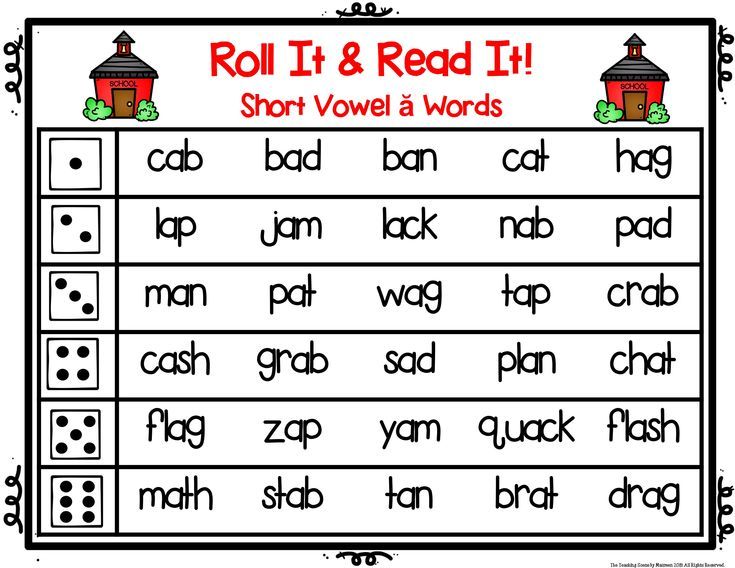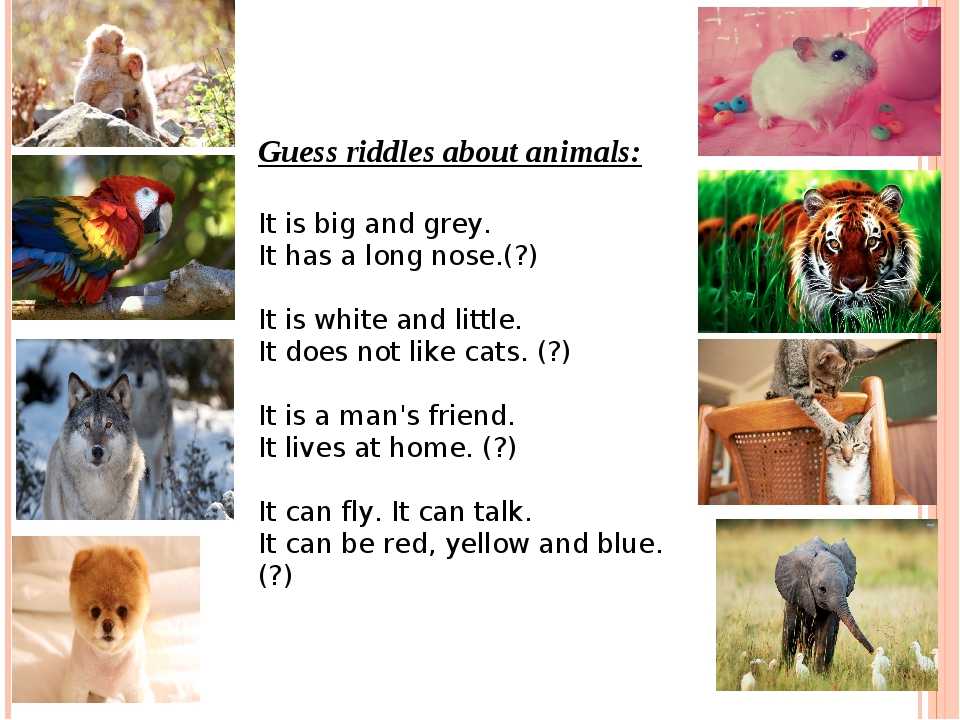Learn the word
Learn the Word by Word of Life
Deep Bible Classes from Real Professors
Study God’s Word Today
Take your Biblical knowledge to new levels and dive deep into God’s Word. Get started on the journey of a life-time as you study God’s Word like never before. You can get started with a FREE course right now. Each course takes you deep into specific books of the Bible in a truly academic way.
Register
Login
Biblical Video Classes
A New Kind of
Biblical TrainingOur goal is to help people who really want or need more Biblical training but can’t afford to go to Bible College to get it. You might have a family, a job, no time, and no money. If that is you, you are a perfect candidate for our courses.
Real Bible Courses
Every lecture is taken from actual collegiate courses from Biblical experts in their field.
Watch on Any Device
Access any of our classes from any device. Whether it be your desktop, phone, or tablet.
Earn a Certificate
Let others know what you’ve accomplished. Each class gives you a certificate to display.
Sign Up
About Us
We are on a Mission
To Provide Affordable Bible Classes for Everyone
Studies have come out recently with this shocking conclusion; people don’t read the Bible anymore. Ed Stetzer recently wrote that only 45% of people that attend church read their Bible more than once a week, based on LifeWay Research. Another poll taken recently suggests that while most Americans love the Bible only 26% actually read it!
It is time for a major revolution in how people learn the Bible. It’s not enough to just sit in a chair every Sunday and soak up sermons! Christians need a more in-depth and practical way to study God’s Word.
Discover a New Way
to Study the Bible
About Us
Learning in a Traditional Classroom isn’t for Everyone
You don’t need anything to get started, no credit cards or pre-signups. Just click the button below to sign up for your FREE account to get started today!
Sign Up
Features to make your Biblical Education Even Easier
Our courses feature more than just video classes or audio content to teach you. Our goal is to make this Biblical training rigorous enough that you learn in a realistic setting. When you earn a certification in an area of study you have truly earned it.
deep study
Each of our courses is ten 1 hour lectures from real Bible college classes. This isn’t for the faint of heart. It’s real deep learning of the Bible.
Complete Quizzes
You’ll be constantly quizzed on what you know to test your learning and help you remember key truths.
Reading Assignments
Every course has reading assignments to help you get even more out of your time spent studying the Bible. Take your learning farther.
Course Materials
Get powerful tools for each course to help you complete these awesome Bible courses. Get PDF notes, and materials to take you deep into the Bible.
Features to make your Biblical Education Even Easier
Our courses feature more than just video classes or audio content to teach you. Our goal is to make this Biblical training rigorous enough that you learn in a realistic setting. When you earn a certification in an area of study you have truly earned it.
deep study
Each of our courses is ten 1 hour lectures from real Bible college classes. This isn’t for the feint of heart. It’s real deep learning of the Bible.
Complete Quizzes
You’ll be constantly quizzed on what you know to test your learning and help you remember key truths.
Course Materials
Get powerful tools for each course to help you complete these awesome Bible courses. Get PDF notes, and materials to take you deep into the Bible.
Get PDF notes, and materials to take you deep into the Bible.
Reading Assingments
Every course has reading assignments to help you get even more out of your time spent studying the Bible. Take your learning farther.
Learn the Word by Word of Life
kylerogstad
To understand the overall message, history, structure and plot of the Gospel’s expanding witness in the formation of the Church as local faith communities fulfilling the Great Commission. This expository study seeks to demonstrate how the Church is both a living organism and a lasting organization that exists not merely for its community’s wellbeing, but more so for non-members! There …
Read More
ajtyler
Jump into the book of Revelation, chapters 6-22 with this Class, taught by John Barnett.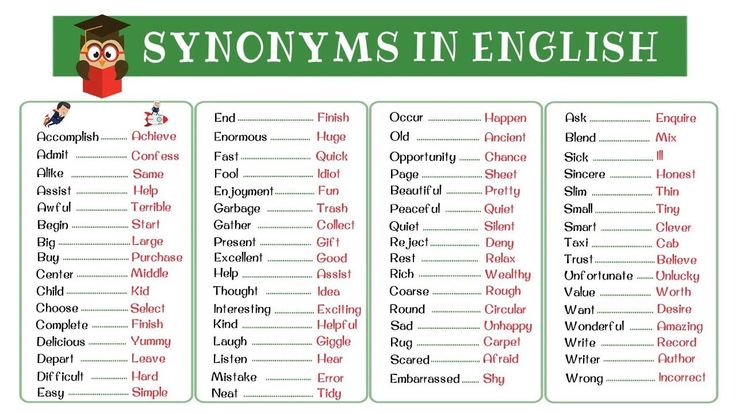 Ten sessions will be spent studying Chapters 6-22. Revelation is the only book in the Bible that has a promise of blessing for those who read it! Revelation breaks nicely into two sections: the “prophecy” of Revelation 6-22 and the “practice” of Revelation 1-5. The …
Ten sessions will be spent studying Chapters 6-22. Revelation is the only book in the Bible that has a promise of blessing for those who read it! Revelation breaks nicely into two sections: the “prophecy” of Revelation 6-22 and the “practice” of Revelation 1-5. The …
Read More
kylerogstad
This course will cover elements of the historical background surrounding the final week of Christ’s life on earth, detailed insight regarding the events of each day, including important chronological considerations. You will also learn a clear explanation and discussion of various issues of harmonization, information about the various political, historical, cultural, and spiritual dynamic involved in that week, and the …
Read More
michaeldion
Jump into the book of Genesis with the Genesis 1-11 Class, taught by Mark Strout.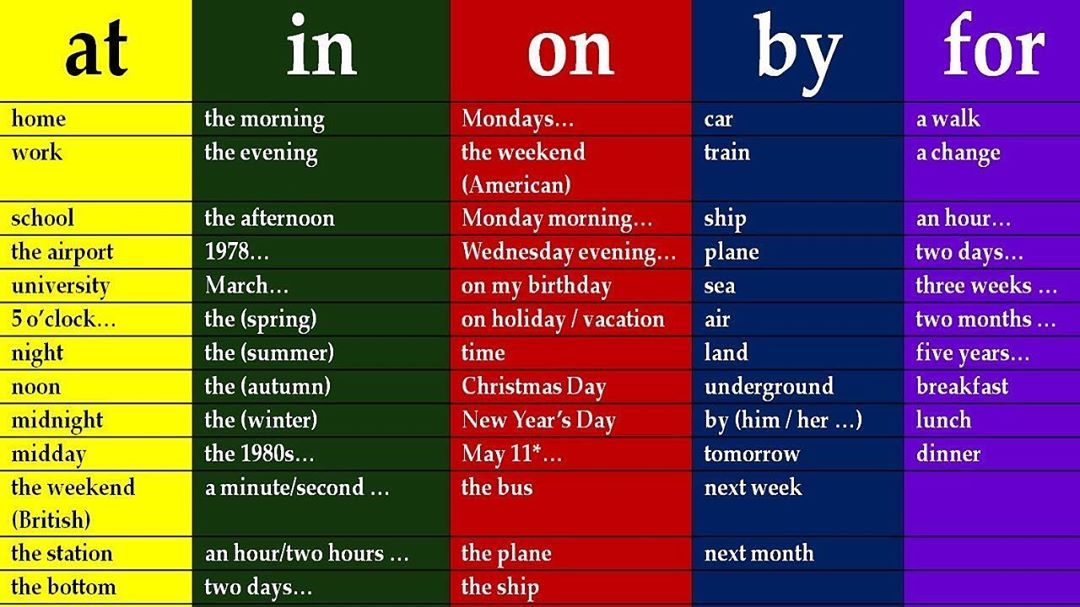 Over the course of this 11 session class, you’ll cover the creation of the world, the fall of man, the worldwide flood, and the origins of nations. Discover a biblical worldview in the theme of the book and discover the many theological and historical realities …
Over the course of this 11 session class, you’ll cover the creation of the world, the fall of man, the worldwide flood, and the origins of nations. Discover a biblical worldview in the theme of the book and discover the many theological and historical realities …
Read More
Tyler Collins
Dive deep into the book of Galatians with the Galatians Class, taught by Dr. Ray Pritchard. Over the course of this 10-hour class, you’ll get the background, authorship, purpose of the writing, and discover the key points of the book. You’ll discover the theme of the book of Galatians and dig deeper into this great book than ever before. Follow …
Read More
Register Today
To access your first course and get started for FREE today simply hit the register button below. You can sign up for the Galatians Master Class and be on your way to studying the Bible in a whole new way in the comfort of your own home.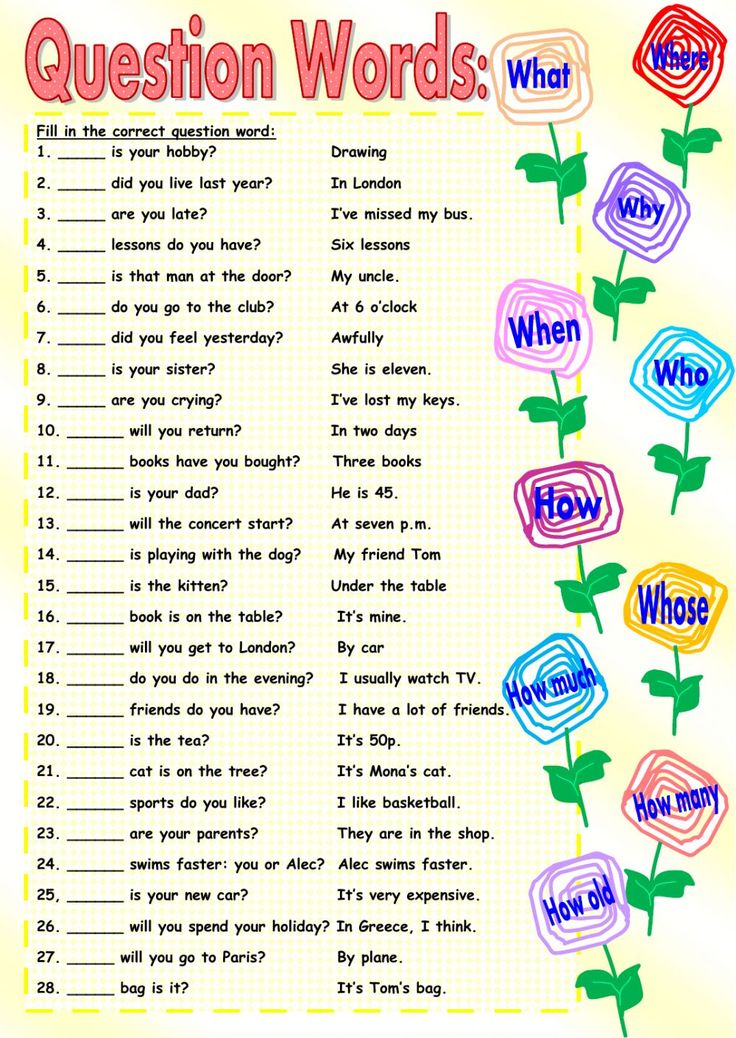
Register Today
Latest Posts
- LTW201 – Why Bible and Theology Matters: Part 1 with Dr. Charles Bethel, Dr. Paul Holritz, Dr. Paul Seger February 24, 2022
- LTW 200 – Developing Church Leaders – with Dr. Paul Barreca December 16, 2021
- LTW 199 – The Pharisee and the Publican – with Pastor Tom Messer December 9, 2021
Copyright 2017 Word of Life Fellowship. All Rights Reserved.
how to quickly learn English words
Have you ever learned a set of new words in English, repeating them several times, listening to the transcription and looking at usage examples, but when you need to remember this word after some time, it does not pop up in head instantly? It seems to be “spinning on the tongue”, but it’s impossible to remember for sure.
Regular vocabulary replenishment and the study of thematic vocabulary is the key to a rich English language.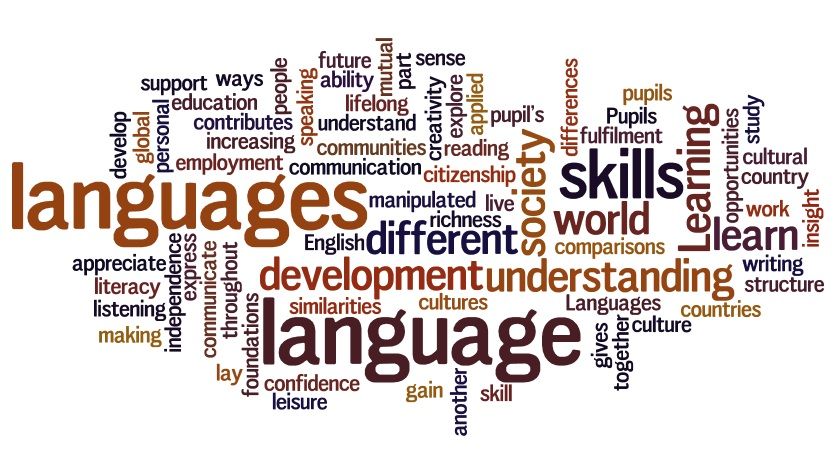 But here's how to make sure that new words are deposited in memory for a long time?
But here's how to make sure that new words are deposited in memory for a long time?
Today we will share the secrets of how to learn and easily memorize English words.
How many words you need to know
Before talking about techniques and techniques for memorization, I would like to say that learning English words and learning English is not the same thing. After all, the language is alive, it uses the rules of grammar, and the translation of the same word may vary depending on the context.
So even if you memorize ten thousand words from the Oxford Dictionary, there will be no sense if you cannot use them in live speech.
Naturally, the standards for word proficiency for a native speaker and for an English as a foreign language learner are very different.
The average active vocabulary of an English speaker, which he regularly uses in everyday life, is from 10,000 to 20,000 words. But the passive stock can be from 50,000 to 100,000 words.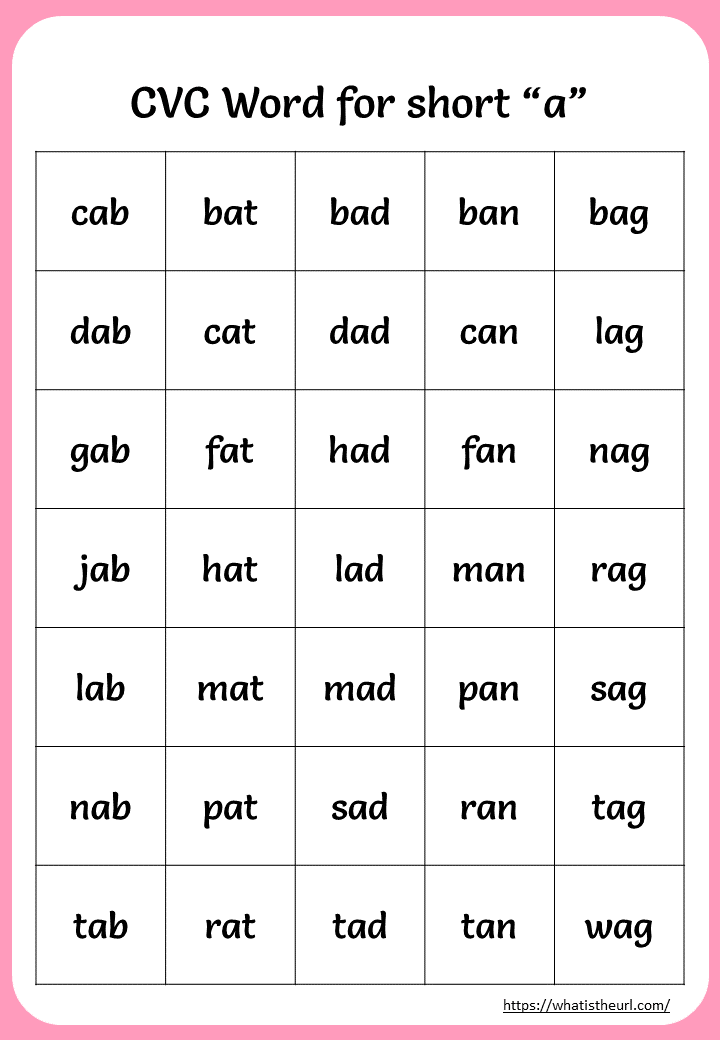
For those who study English as a foreign language, the numbers are quite different. So, for a general understanding of oral speech and superficial communication, knowledge of about 1000 high-frequency words will be enough. 3,000-4,000 words are enough to keep a conversation going on general topics and watching simple movies and series. But if you want to understand up to 100% of speech, you will need a supply of about 20,000 words.
You can test your vocabulary with a special test: Vocabulary test. His results are pretty accurate, especially if you answered honestly.
The number of words learned does not guarantee that you will communicate freely. It is important to approach vocabulary replenishment wisely: not to cram everything in a row, but to concentrate on the most frequently used words and thematic vocabulary.
Start with basic topics such as family, home, work, city, weather, animals, food, travel, and so on.
The most frequently used words in English are called high frequency.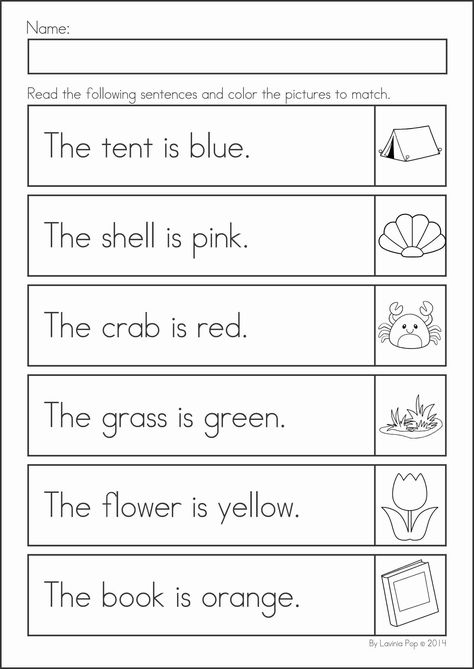 You can take new vocabulary from ready-made lists of such words - then you will quickly master colloquial speech and be able to start applying new knowledge as early as possible.
You can take new vocabulary from ready-made lists of such words - then you will quickly master colloquial speech and be able to start applying new knowledge as early as possible.
Learning all the available sets of words is simply pointless. It is unlikely that you will need advanced medical terminology, unless you are going to build a career in the field of medicine. Similarly, if you need special words on a narrow topic, learn them. It is not necessary to know by heart all the terms and special vocabulary if you do not apply it in life.
Where to get new English words
The main source is thematic vocabulary. On the Internet and in teaching aids, you will find enough sets of words for different levels.
There are also special textbooks for increasing vocabulary and dictionaries of the most high-frequency words.
Progress does not stand still: many new words and slang expressions have appeared recently, and some have fallen into disuse.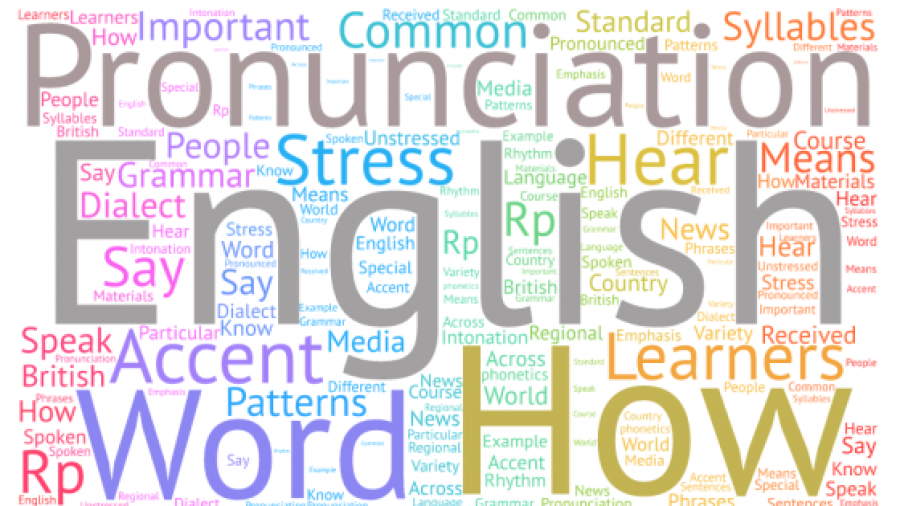 Keep your finger on the pulse and write down new words as you encounter them in TV series, movies, articles, podcasts and the media.
Keep your finger on the pulse and write down new words as you encounter them in TV series, movies, articles, podcasts and the media.
By the way, movies, series, articles and books are a great source of new words. Regular viewing of videos with subtitles is good because unfamiliar words are used in an interesting context for you, which means they are remembered faster. The same rule applies to printed materials: find articles on the topic of your profession or area of interest, and also read your favorite books in the original.
How to quickly learn and remember English words
Flashcards
The method of memorizing new words using cards has been used for a long time, but it does not lose its relevance. It is convenient and accessible to everyone. The meaning is simple: on one side of the card you write the word in English, and on the other side you write the translation. You can make cards yourself with only the vocabulary that you need, or use ready-made thematic sets.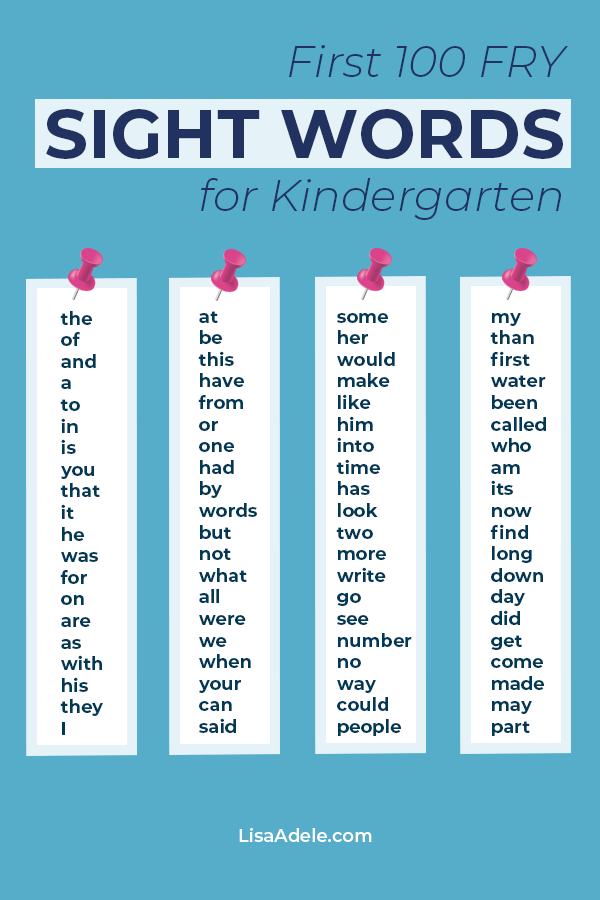
For best effect, choose cards with pictures. Visually, we remember information much easier, and in the future, the word will quickly come to mind if you just remember the picture.
Today, instead of ordinary paper cards, there are many mobile applications and web-based memorization simulators. It is enough to download the application to your smartphone. So the necessary virtual cards will always be at hand. The application itself will remind you which words you have already learned and which are worth looking at again, and will offer material for repetition.
Notepad
The good old way that is still popular. Write down new words in special notebooks in two columns: word-translation.
The trick is that when you write, you remember not only the translation of a word, but also its correct spelling. Write down frequently used phrases with this word or set expressions here. In the future, with repetition, these phrases will be deposited in your head and will be easily remembered as soon as you imagine the word written in the notebook.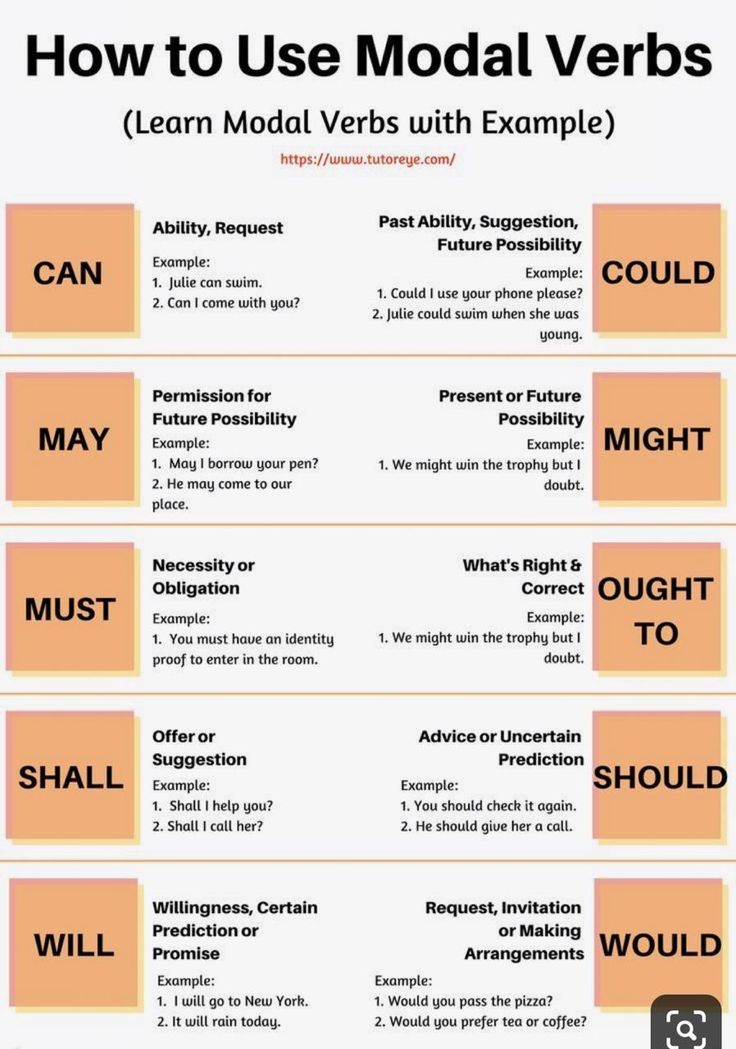
Mindmap
This method is suitable for those who love diagrams and drawing.
Highlight a few words on the subject. For example, house (house). Draw it in the center and make arrows to related words (in our case, rooms in the house). In different parts of the sheet, write: bathroom (bathroom), living room (living room), bedroom (bedroom), dining room (dining room). After, for each of the rooms, write a few words that apply to it. For example, bed (bed), pillow (pillow), sheets (sheets) - to the bedroom, and shower (shower), towel (towel), mirror (mirror) - to the bathroom.
Mentally following this visual pattern, it will be easier for you to remember the words that belong to a particular category.
Rules for memorizing new words easily
Here are some useful tips and principles for those who want to quickly learn English words and not forget anything in a day.
Explore interesting topics
After learning the basic set of words, it is often tempting to learn something "that" in order to shine in a conversation with a foreigner.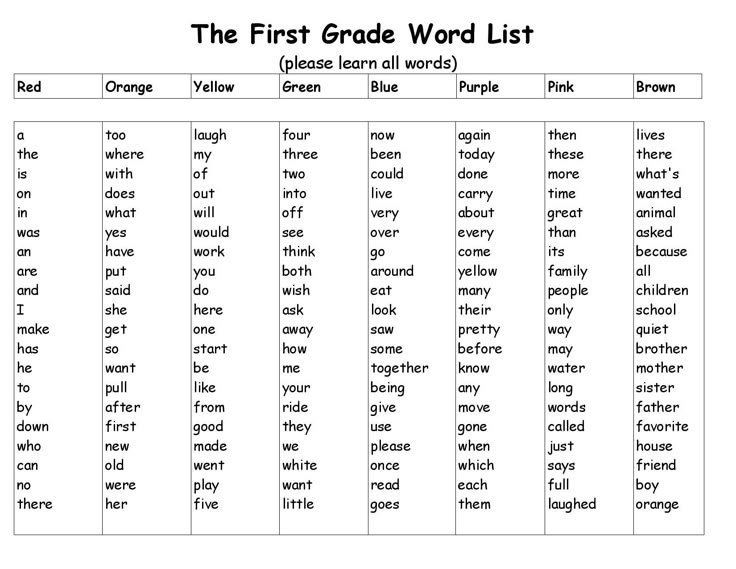 Yes, there are beautiful words, the use of which in speech can amaze the interlocutor. But, say, why do you need to know the word "lightning" in English if you do not know the word "speed"?
Yes, there are beautiful words, the use of which in speech can amaze the interlocutor. But, say, why do you need to know the word "lightning" in English if you do not know the word "speed"?
It has been proven that interesting information is better absorbed and remembered much faster. Therefore, learn those words that are in your area of \u200b\u200binterest. Everyone needs a solid vocabulary base, but each of us has our own passions and hobbies, so collect more information on your favorite topic. Do you like sports? Then watch matches, listen to commentators and read articles on this topic. Do you like to photograph nature and travel? Then subscribe to popular bloggers or watch the National Geographic series of programs. Look for new interesting words where they are used.
Don't waste time memorizing those words that you rarely use even in your native language.
Learn words in context
It's not enough just to learn a new word - you also need to be able to apply it.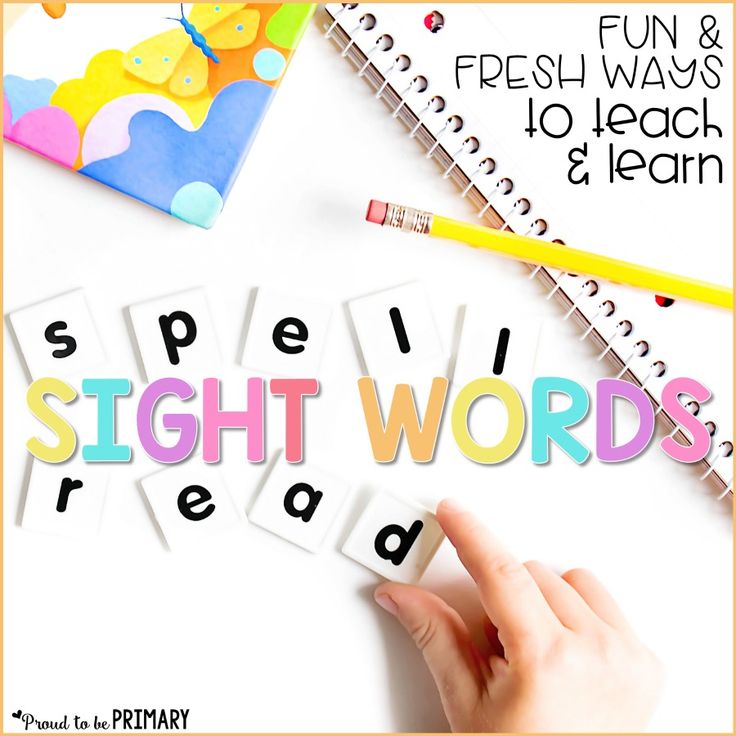 Therefore, immediately look at the examples where it was used, in what context, for what purpose, and so on. Try to make up your sample sentences with a new word and find its use in speech. Imagine when and how you might need to use this word: come up with a situation and play it several times.
Therefore, immediately look at the examples where it was used, in what context, for what purpose, and so on. Try to make up your sample sentences with a new word and find its use in speech. Imagine when and how you might need to use this word: come up with a situation and play it several times.
The golden rule here is to learn to ignore the words you don't need. When learning new vocabulary, there is a great temptation to learn it “in a crowd”, and this is not quite the right approach. When you encounter a new word, look through all the options for its use, but remember only the most frequently used ones.
Learn set phrases
Many beginners to learn English make the same mistake: first they build a sentence in Russian in their head, and then translate it. But the norms of our languages are very different, and a foreigner may simply not understand what you mean.
Therefore, along with new words, memorize common collocations and their use in speech. So, “take a photo” in English will be “take a picture”, and not “do a photo”, as many would translate, and “break a record” - “break a record”, and not “beat a record”.
So, “take a photo” in English will be “take a picture”, and not “do a photo”, as many would translate, and “break a record” - “break a record”, and not “beat a record”.
Remember opposites
Opposites not only attract, but are also better remembered. This technique is good to use when memorizing adjectives. For example, it is better to learn words in pairs along with antonyms: good-bad (good-bad), big-small (big-small), happy-angry (happy-evil) and so on.
Thanks to this technique, you will be able to remember not only the desired word, but also its antonym, which will immediately pop up in your memory.
Understand difficult words
Many foreign words consist of several simpler ones. Having met a compound word, take it apart and see how they are translated separately. This will help you build associative links and make it easier to remember the word.
For example, the word microbiology (microbiology) consists of two words - micro (small) and biology (biology).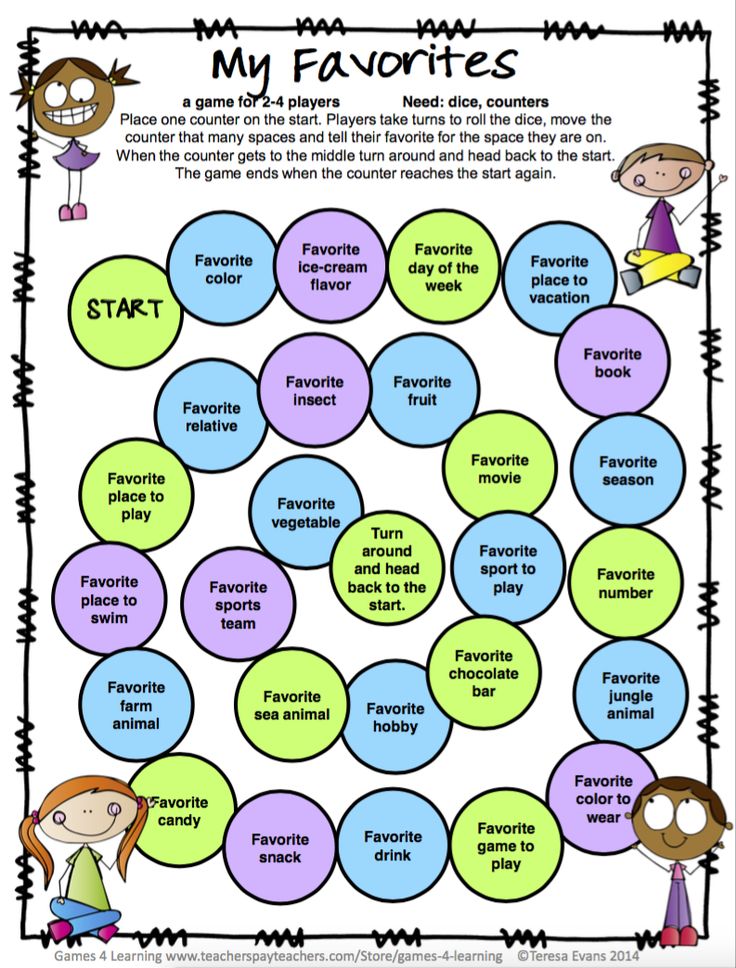 It turns out that having analyzed this word, you will learn not one, but three new concepts at once.
It turns out that having analyzed this word, you will learn not one, but three new concepts at once.
You can often guess by analogy how similar words will sound in English. To do this, make a list of common prefixes (un-, dis-, con-, micro-, etc.) and suffixes (-able, -ly, -ent, -tion, -ive, etc.) and remember what they mean. In the future, when you meet a new word, you can easily guess its meaning.
Don't forget grammar
As soon as you come across a new word, you need not only to parse it thoroughly, but also to learn the grammatical rules that correspond to it. So, a new word may be just a different form of a word you already know.
Also, learn more verbs and memorize their situational use. For example, having learned the forms of irregular verbs according to the table of tenses, you will no longer know one word, but three.
Use associations
Associative memory is a good thing. It helps to “pull out” the right word from the bins of consciousness without much difficulty.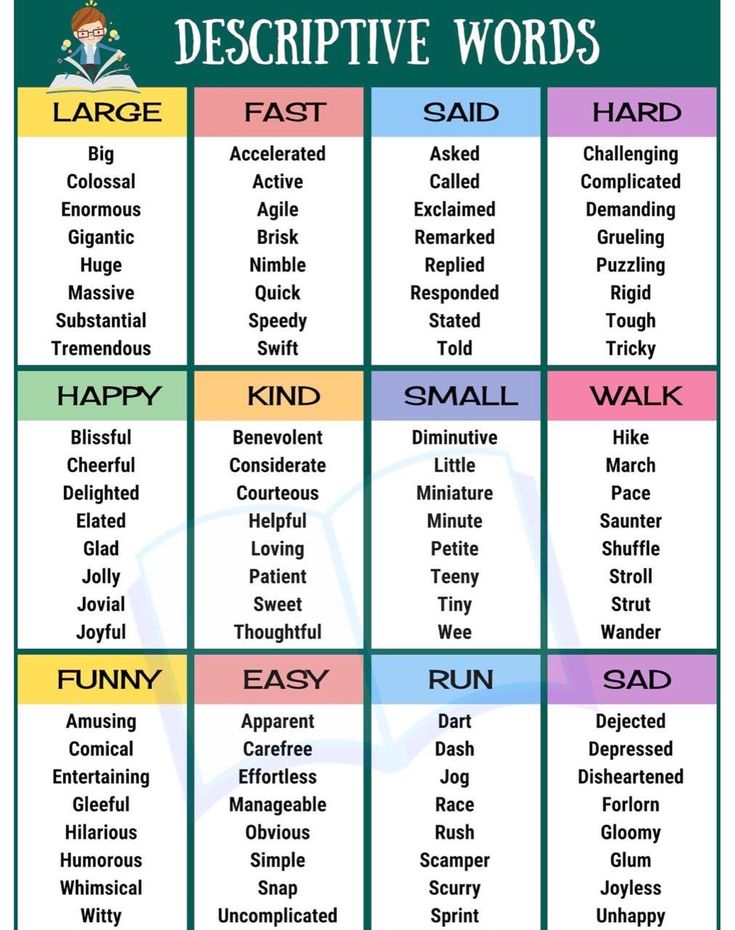 Therefore, when studying, it is good to use flashcards with pictures.
Therefore, when studying, it is good to use flashcards with pictures.
This is especially important for abstract concepts, which are abundant in the language. If you learn words without pictures, imagine them in your head. You can mentally draw a word in the air, give it a color or some form.
By the way, the funnier the association, the faster the new word will be remembered. For example, the word clever is translated from English as “smart”, and in Russian it sounds like the name of a clover plant. Building a sentence: You’re so clever! (You are so smart!), and for a funny association in Russian, imagine it as “Well, you are a clover!”.
You can even make up a funny story or phrase with a new word. Choose the most unexpected combinations, and you will be surprised how easy they are to remember.
Use new words in speech
As Benjamin Franklin said, “Tell me and I forget. Teach me and I remember. Involve me and I learn ”(Tell me - and I will forget.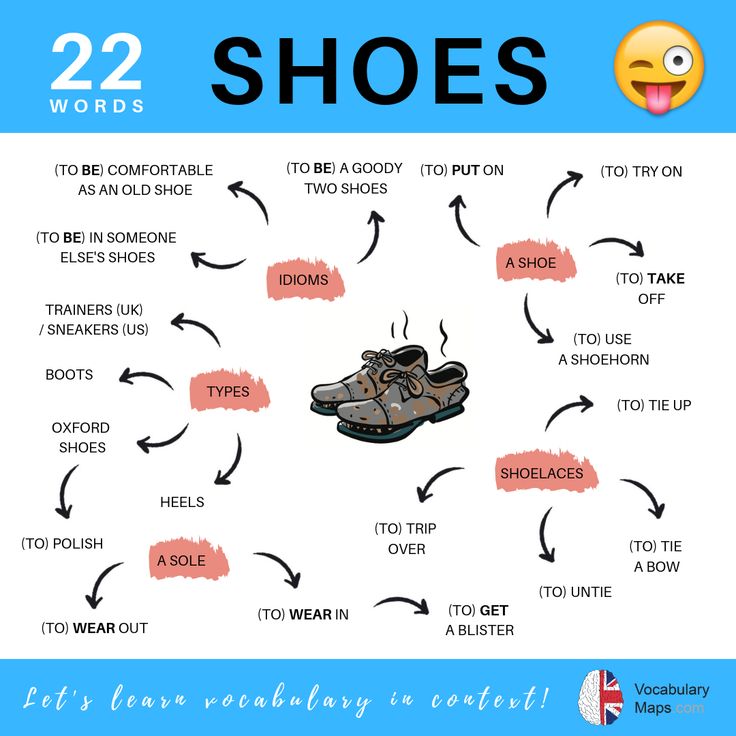 Teach me - and I will remember. Involve me - and I will learn).
Teach me - and I will remember. Involve me - and I will learn).
One of the surest ways to quickly remember a new word is to find its use in everyday speech. If you attend courses or study with a teacher individually, use the words you just learned as often as possible. Specially build sentences with new words and do not forget about spelling: use the studied vocabulary in written English.
Make it fun
Above, we have already talked about mobile applications and games for memorizing new words. Install this on your smartphone, make a selection of words that interest you and complete tasks regularly. These can be quick games with cards with translation in both directions, composing phrases with words, and so on.
Programs will help you identify words that are particularly difficult for you and will focus on learning them.
Don't forget about funny songs or rhymes to remember. Basically, they are used in children's education, but sometimes they help adults.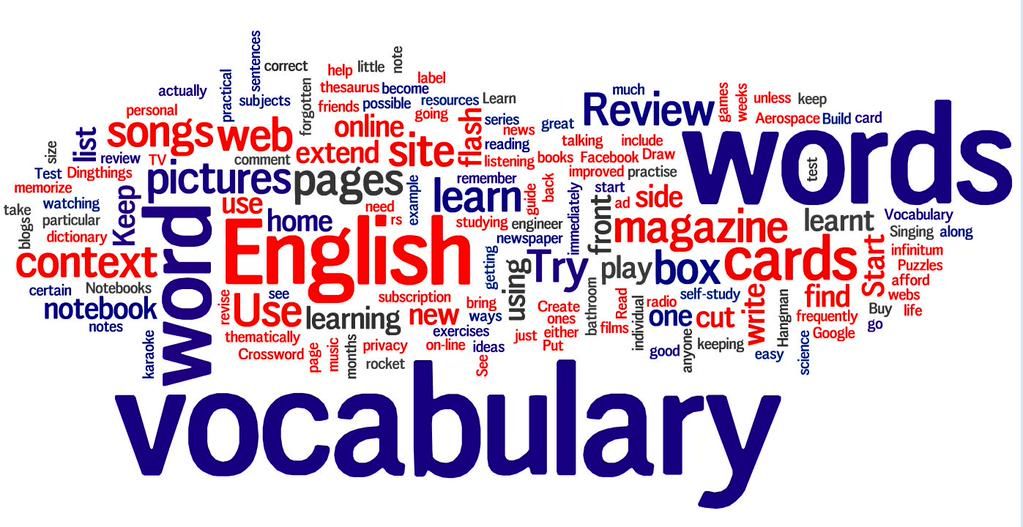 In addition, you can always come up with your own funny rhyme to the word, which activates associative memory.
In addition, you can always come up with your own funny rhyme to the word, which activates associative memory.
Consider your type of perception of information
The same methods of memorizing new English words are not equally suitable for everyone. Choose an approach depending on your type of perception. There are three of them: auditory, visual and kinesthetic.
Audiobooks, music or podcasts are suitable for the audience. In order to memorize new words, auditory learners need to read them aloud, repeat and analyze them several times.
Visuals are best suited for the card method, as well as other pictures, tables, and visual aids. They are better off watching movies and series with subtitles, and also follow the accompanying text when listening to podcasts.
It is easier for kinesthetic learners to memorize new words by writing them on paper. Active gestures come to the aid of this type: imagine a situation when you use a new word and repeat the accompanying hand gestures. For example, remembering the word cup (cup) - pretend that you pick up a cup and pour tea into it. Later, the reproduction of these gestures will help to remember the situation and the word itself.
For example, remembering the word cup (cup) - pretend that you pick up a cup and pour tea into it. Later, the reproduction of these gestures will help to remember the situation and the word itself.
Whatever type of perception you have, during memorization and repetition, try to fully concentrate on the word being studied. This means that at the time of its repetition, you must clearly imagine it in your head, how it sounds and what it means. If you begin to repeat the learned words mechanically, then the likelihood that they will be deposited in memory for a long time is noticeably reduced.
Spaced repetition technique
In order for a new word to forever be stuck in the head, it is important not so much how to repeat it, but when to repeat it. It's best to do this when you feel like you're about to forget a new word.
Effective memorization and timing of repetition of new information was developed by the German psychologist Hermann Ebbinghaus.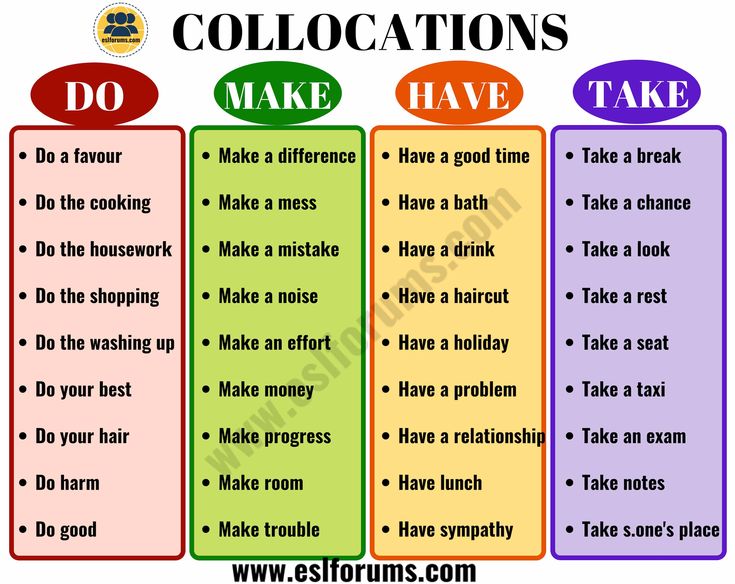 According to his research, you need to repeat a new word at least 9 times in order to remember it. And it's better to do it like this:
According to his research, you need to repeat a new word at least 9 times in order to remember it. And it's better to do it like this:
- 15 minutes after familiarization
- One hour after last repeat
- Three hours after last repeat
- Next day
- Two days after last repeat
- Four days after last repeat
- One week after the last repetition
- Two weeks after last recurrence
- One month after last repeat
When repeating new words, it is also important to use them in context: to form a phrase or phrase with them.
In conclusion, let us briefly repeat the main points that are necessary for easy and quick memorization of new English words:
- Learn only the necessary and useful words.
These are basic sets of high-frequency words and vocabulary from your area of interest. Don't forget about verbs, set phrases and colloquial phrases.
- Learn words in context
If you found a new word in an article, song, film, memorize it right away with the context.
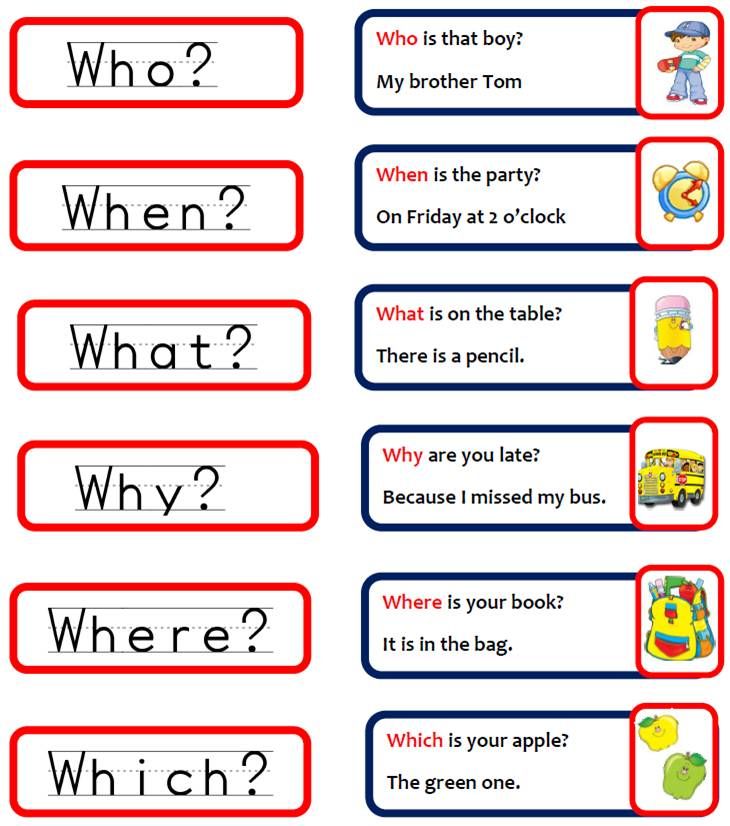 If you learn a “lonely” word, then come up with a context for it yourself. Do not try to learn all the meanings of a multi-valued word, take into service only the most used ones. And again, don't forget about context.
If you learn a “lonely” word, then come up with a context for it yourself. Do not try to learn all the meanings of a multi-valued word, take into service only the most used ones. And again, don't forget about context. - Use the word in conversation
If there is no opportunity for conversational practice yet, come up with your own examples and situations when it would be useful for you to use this word. For effective memorization, it is desirable to meet the word in 7-9different situations.
- Use vivid associations
It doesn't matter what association comes to your mind when you meet a new word. The main thing is that it should be bright and memorable. And also to match your type of thinking and “work” for you.
- Memorize words using the interval method
It is better to repeat the learned words after a certain period of time than to cram every day: in this way the word will be deposited in long-term memory and will easily “pop up” in the right situation.
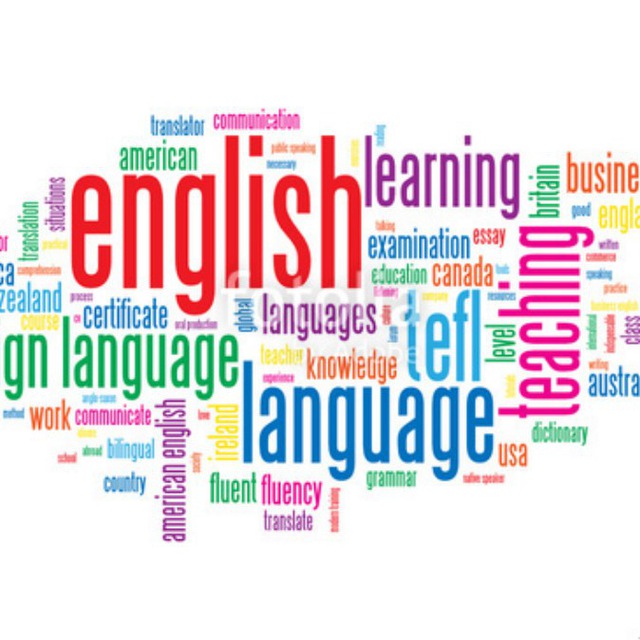
By memorizing 10 new words a day, in a month you will expand your vocabulary by 300 words, and by the end of the year - by more than 3000 words. This is enough to confidently speak English in everyday life.
9 Ways to Memorize New Words Faster ‹ GO Blog
When learning a language, it is important to focus not only on grammar, but also on expanding your vocabulary. New words are new opportunities for communication and increased feelings of self-satisfaction.
There are no magical or secret ways, only working methods. I tell you how to quickly learn foreign words:
-
TECHNIQUE
If you can't remember how to spell the word "accommodation", just imagine that the house has two beds with two mattresses ( two c ots with two m Or think of a few simple words for each letter of the word. Let's say STORE can be remembered as to buy S paghetti, T omatoes, O lives, R ice, E ggs.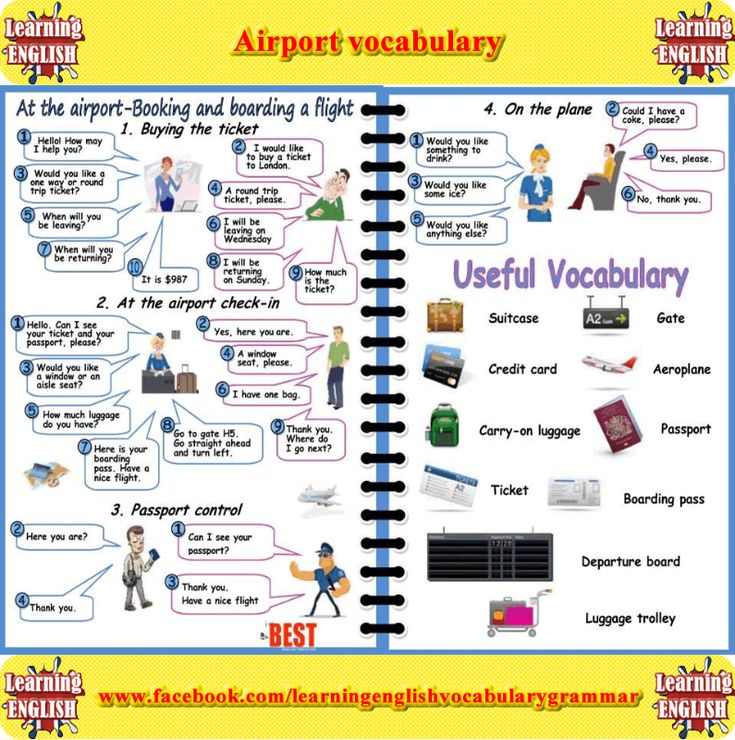 At first it seems that memorizing words in English in this way is much more difficult than memorizing, but the more you use this technique, the clearer it becomes.
At first it seems that memorizing words in English in this way is much more difficult than memorizing, but the more you use this technique, the clearer it becomes.
-
LANGUAGE ENVIRONMENT
While studying abroad you are completely immersed in a new culture and language: constantly speaking, reading and even thinking. Just to start learning foreign words, it is not necessary to wait until the moment of the long-awaited trip. Start preparing in advance - paste over each item in your room with stickers with their English name. This will help you learn new words faster and incorporate them into your speech.
-
CONTEXT
How to memorize new words? Remember not a set of random words, but their context. It will become clear to you how this word is used in life, and it will be easier to make an association for memorization.
Read more: “7 ways to improve your conversational English”
-
Life
To achieve its goal, you need to completely plunge into the process of its achievement.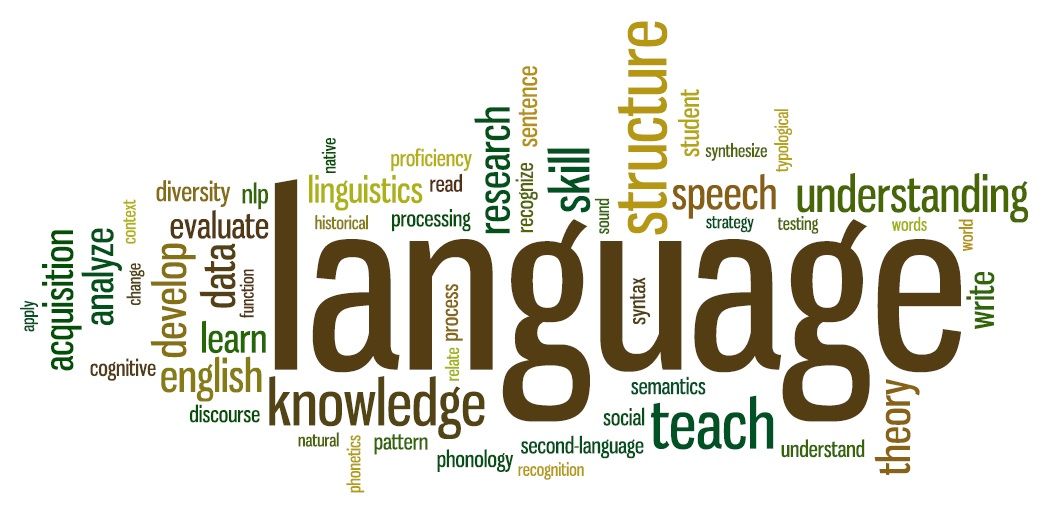 There is no partial success. Surround yourself with words. The more you meet them, the faster they will be remembered. Read books or watch movies in the original language, listen to podcasts in English. If you see or hear a phrase or sentence that you don't understand, write it down, look up the meaning, and try to remember it.
There is no partial success. Surround yourself with words. The more you meet them, the faster they will be remembered. Read books or watch movies in the original language, listen to podcasts in English. If you see or hear a phrase or sentence that you don't understand, write it down, look up the meaning, and try to remember it.
-
NEXT LEVEL
If you want to take your language learning to the next level, leave room for new terms, synonyms or antonyms. To get the most out of the learning process, try not to translate the words into your native language, but write down the explanations in the one you are trying to learn.
-
PERSONALIZED
Everyone learns differently, so if you don't already know what works for you, try as many different ways or combinations as you can: word cards, phone apps, lists words, games or stickers are great ways to increase your vocabulary. The same applies to finding the right time: some people need a precise schedule, others learn spontaneously.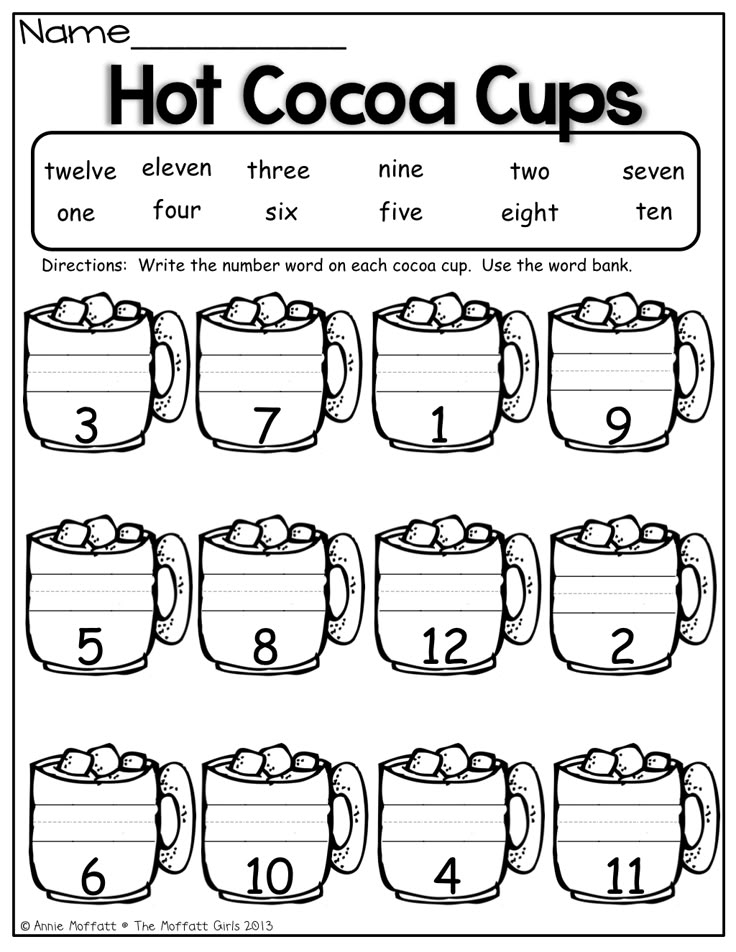 But the main thing is to practice systematically. Practice makes everything perfect and possible.
But the main thing is to practice systematically. Practice makes everything perfect and possible.
-
INTERACTIVE
Make learning more educational by not just reading the words on the flashcards, but also listen to their correct pronunciation and check the spelling. Use all your senses to memorize and understand the material.
-
FOCUS
If you need to expand your vocabulary for a marketing job, you definitely don't need to focus on medieval or culinary words. The more relevant the words are to your life, the more you will enjoy learning and using them.
-
REPEAT
It is important not only to learn new foreign words, but also not to forget the old ones. After all, our goal is not to replace already established expressions with new words, but to expand our vocabulary.
_ Read more: "How to improve my written English"
_
I want to expand my vocabulary Start
Articles about learning languages, living and studying abroad.